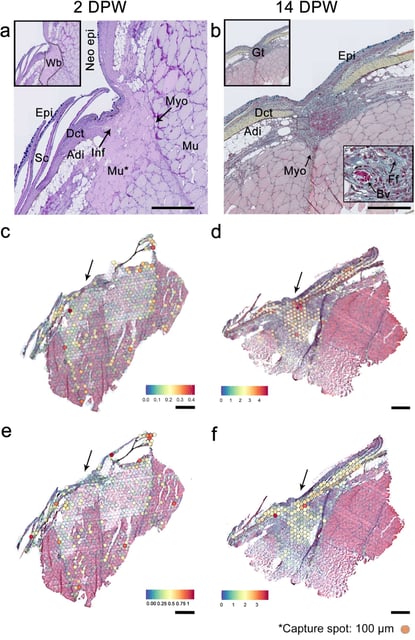Overview
- University of Stirling–led team discovered fibroblast-like mesenchymal stromal cells (MSCs) in Atlantic salmon skin that coordinate the remodeling phase of wound healing.
- MSCs were detected both at injury sites and throughout intact skin, indicating a permanent role in maintaining barrier and structural properties.
- Advanced profiling with single-nucleus RNA sequencing and spatial transcriptomics revealed phases of heightened MSC activity and differentiation into osteogenic and adipogenic lineages.
- Findings suggest teleost MSCs possess greater pluripotency than their mammalian counterparts, hinting at expansive regenerative pathways in fish.
- The cross-institutional study paves the way for biotechnological approaches to reduce skin-related mortality and bolster disease resistance as climate change intensifies.
